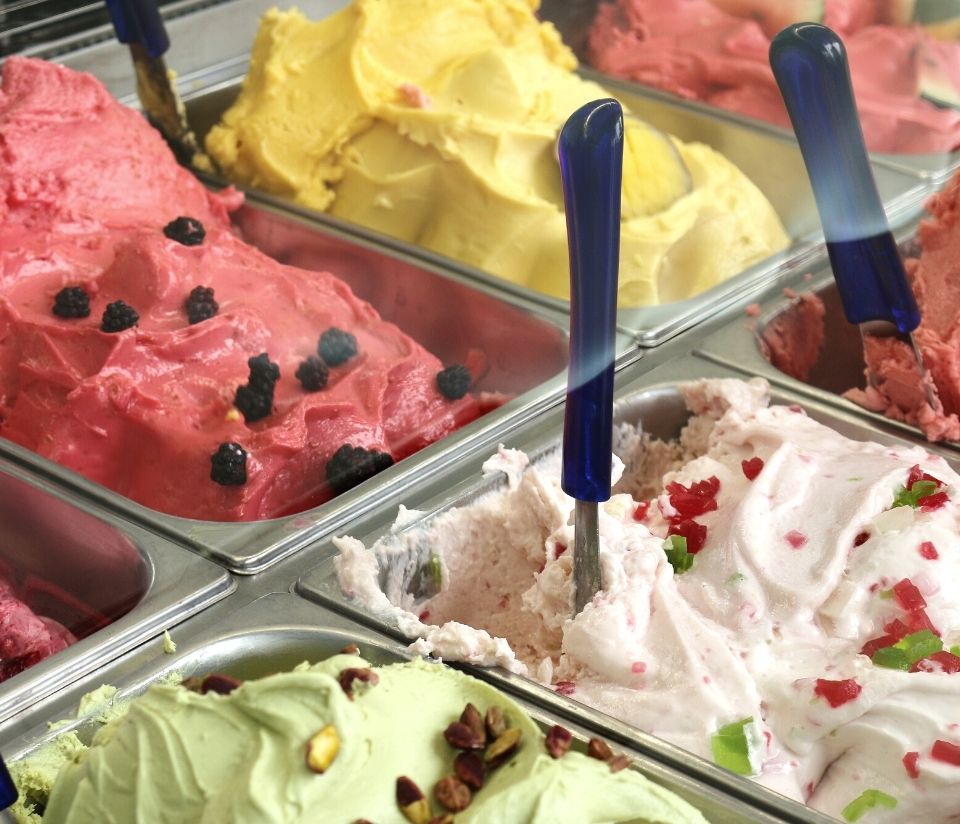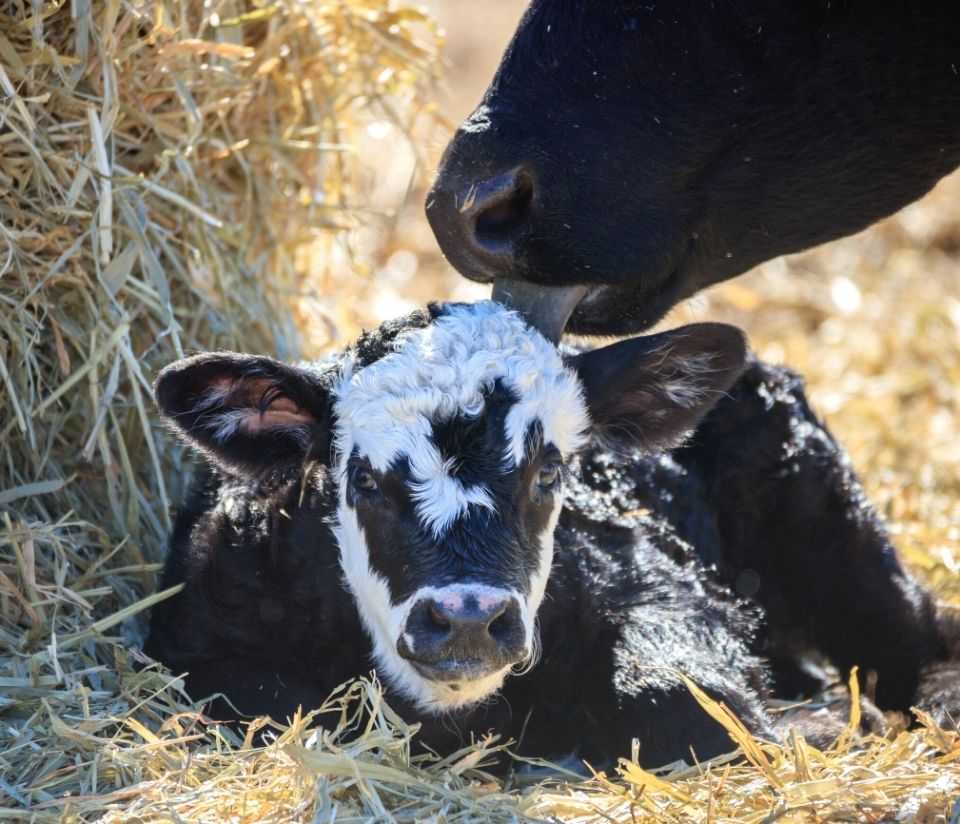
Ethical Ice Cream
Which ice cream brands are the most ethical and sustainable? For the answer, see our Ethical Ice Cream Ratings Table to compare brands’ scores.
Is the ice cream industry ethical?
Though it’s one of the most popular puddings, ice cream is host to its fair share of ethical issues. Whether it’s made from cows’ milk or is a dairy-free ice cream, animal welfare, pesticide-laden additives, filler ingredients, unsustainable palm oil and cocoa are just a few of the concerns for any ethical shopper. Many of us might be aware that these are all ethical issues, but did you know that some cocoa beans are harvested by trafficked children? Or that beetles are ground up to use as food colouring? Or that flavourings made with castoreum comes from a beaver’s anal glands? (Not so tasty!) With any of this being more than enough to put you off of your frozen sweet treat, we recommend seeing the full Ethical Ice Cream Ratings Table for more information. Additionally, we recommend choosing organic ice cream or dairy-free ice cream due to environmental and animal welfare considerations.
Our independent research into ice cream: the problem with dairy
Our researchers’ analysis found that 70% of ice cream brands in our study fell below the ethical benchmark. Brands frequently scored poorly on offering organic ice cream and dairy-free ice cream products. These ice cream brands lacked a Soil Association certified organic ice cream, or dairy-free ice cream options with certification from the Vegetarian or Vegan Societies.
Cattle farming is plagued by poor animal welfare standards. Bull calves are reared for meat and cow calves are kept for dairy production. Most calves are generally separated from their mothers within 24 hours of birth. Following this, dairy cows can expect a life of limited grazing space and intensive milking. Cattle are often slaughtered at only four or five years old, when their milk supply slows. Opt for plant-based or dairy-free ice cream options to guarantee that no animal suffering has been involved in your treat on the beach.

Ethical dairy products: what is ‘cow-with–calf’?
Cow-with-calf farming methods offers some ice cream shoppers a little peace of mind. This agricultural practice does not wean the calves or separate them from their mothers until they are around 8 months old. Ethical dairy farms are few and far between, however, and due to a slower pace of agriculture, do not produce large quantities of milk. This milk is sometimes a little on the pricey side too! Look out for local ethical dairy farms near you in farm shops.
Ethical dairy free ice cream and GMOs
With all the animal welfare abuses committed in cattle farming, opting for dairy-free ice cream might seem like a safe choice. But Environment and Animal related issues prove relevant even in vegetarian and vegan ice cream brands. These issues occur particularly in low-quality dairy-free ice creams, where dairy is substituted with other ingredients. For example, soy is one popular alternative for dairy products. However, soy is often grown through both genetic modification and pesticide usage. Pesticide usage has been linked to having negative effects on the environment by disrupting the ecosystem, in addition to having detrimental effects on both farm workers and consumers. Buy organic ice cream to avoid ingesting GMOs or pesticides.
Here are some solutions: organic ice cream and dairy-free ice cream
Check out our full Ethical Ice Cream Ratings Table for the most comprehensive and detailed overview of the sector. Here, you can click on individual brands for more information on how each brand scores across all of our criteria including Environment, Animals and People. You can discover how brands score both overall, and on specific issues that are the most important to you. We recommend searching for organic ice cream, and vegan dairy-free ice cream options, as these are likely to be the most ethical brands.
See our Ethical Ice cream Ratings Table to compare brands
The Good Shopping Guide’s research team has written up in-depth analysis pages for each ice cream brand that appears on our ratings table. Click on any brand name to read more about how each brand rates in our research categories of the Environment, Animals and People.
Booja-Booja, Yeo Valley, Cream O’Galloway, Jude’s, Oppo Brothers, Little Moons, Mackie’s, Oatly, Halo Top, Ben & Jerry’s, Cadburys, Carte D’Or, Kelly’s, Magnum, Nuii, Swedish Glace, Wall’s and Häagen-Dazs.